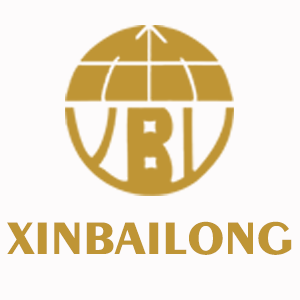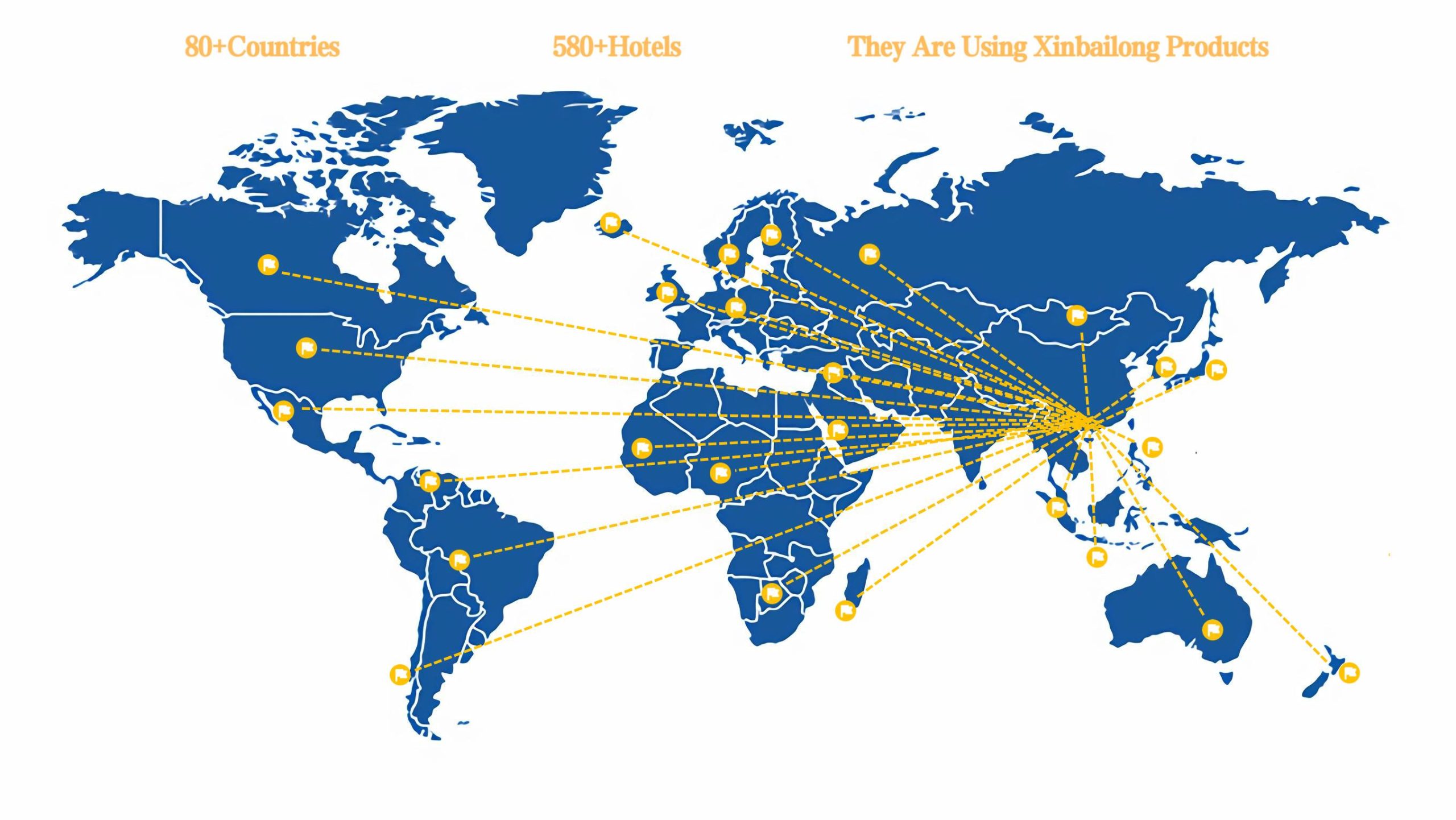In an era where environmental consciousness is imperative for sustainable development, Xinbailong Company stands as a beacon of change within the textile industry. With a profound commitment to eco-friendly practices and innovation, Xinbailong has embarked on a journey to redefine the way textiles are produced, setting new benchmarks for environmental stewardship.
Innovative Eco-Friendly Materials: At the heart of Xinbailong’s environmental efforts lies its dedication to developing and utilizing eco-friendly materials. The company has invested heavily in research and development to introduce bio-based fibers, recycled yarns, and organic cotton into its product lines. These materials not only reduce reliance on conventional, resource-intensive raw materials but also significantly minimize the carbon footprint associated with textile manufacturing.
Closed-Loop Production Systems: Recognizing the need for efficient resource management, Xinbailong has implemented closed-loop production systems that meticulously manage water usage and minimize waste generation. Through advanced water treatment facilities, the company recycles and reuses water in its dyeing and finishing processes, significantly reducing freshwater consumption. This approach not only conserves this precious resource but also prevents harmful chemicals from contaminating local waterways.
Energy Efficiency and Renewable Energy: Xinbailong is actively transitioning towards renewable energy sources to power its operations. By installing solar panels at its manufacturing facilities and adopting energy-efficient machinery, the company has significantly reduced its dependence on fossil fuels. This strategic move not only mitigates greenhouse gas emissions but also contributes to a cleaner, more sustainable energy future for the industry.
Zero-Waste Initiatives: Embracing the circular economy principles, Xinbailong has initiated programs to minimize waste generation and ensure that any byproducts of the manufacturing process are repurposed or recycled. The company collaborates with recycling partners to transform production scraps into new materials, closing the loop on waste and promoting a circular model of production and consumption.
Environmental Awareness and Collaboration: Beyond its operational practices, Xinbailong is fostering environmental awareness within the industry and among consumers. Through partnerships with NGOs, industry associations, and educational institutions, the company engages in knowledge sharing and advocates for sustainable practices across the textile value chain. It also educates consumers about the benefits of eco-friendly textiles, encouraging them to make conscious choices that support a greener planet.
Conclusion: Xinbailong Company’s unwavering commitment to environmental sustainability is reshaping the textile industry’s landscape. Its innovative approaches to material sourcing, production processes, energy use, and waste management serve as a testament to the feasibility and importance of integrating environmental considerations into business strategies. By leading by example, Xinbailong is inspiring a wave of change that prioritizes the health of our planet while ensuring the longevity of the textile industry. As the world increasingly demands environmentally responsible practices, Xinbailong stands as a shining example of how corporations can drive positive environmental impact while maintaining commercial success.

